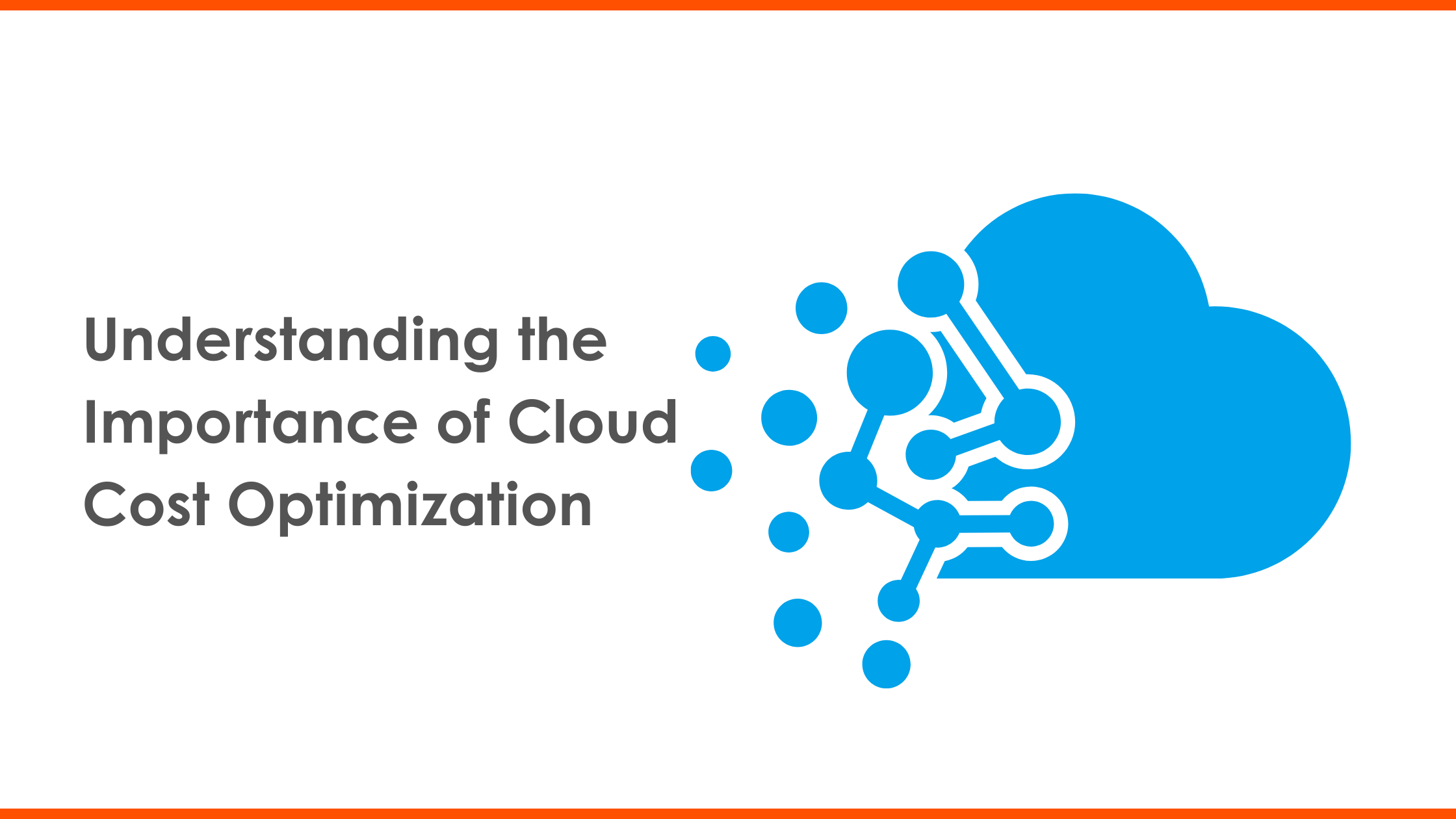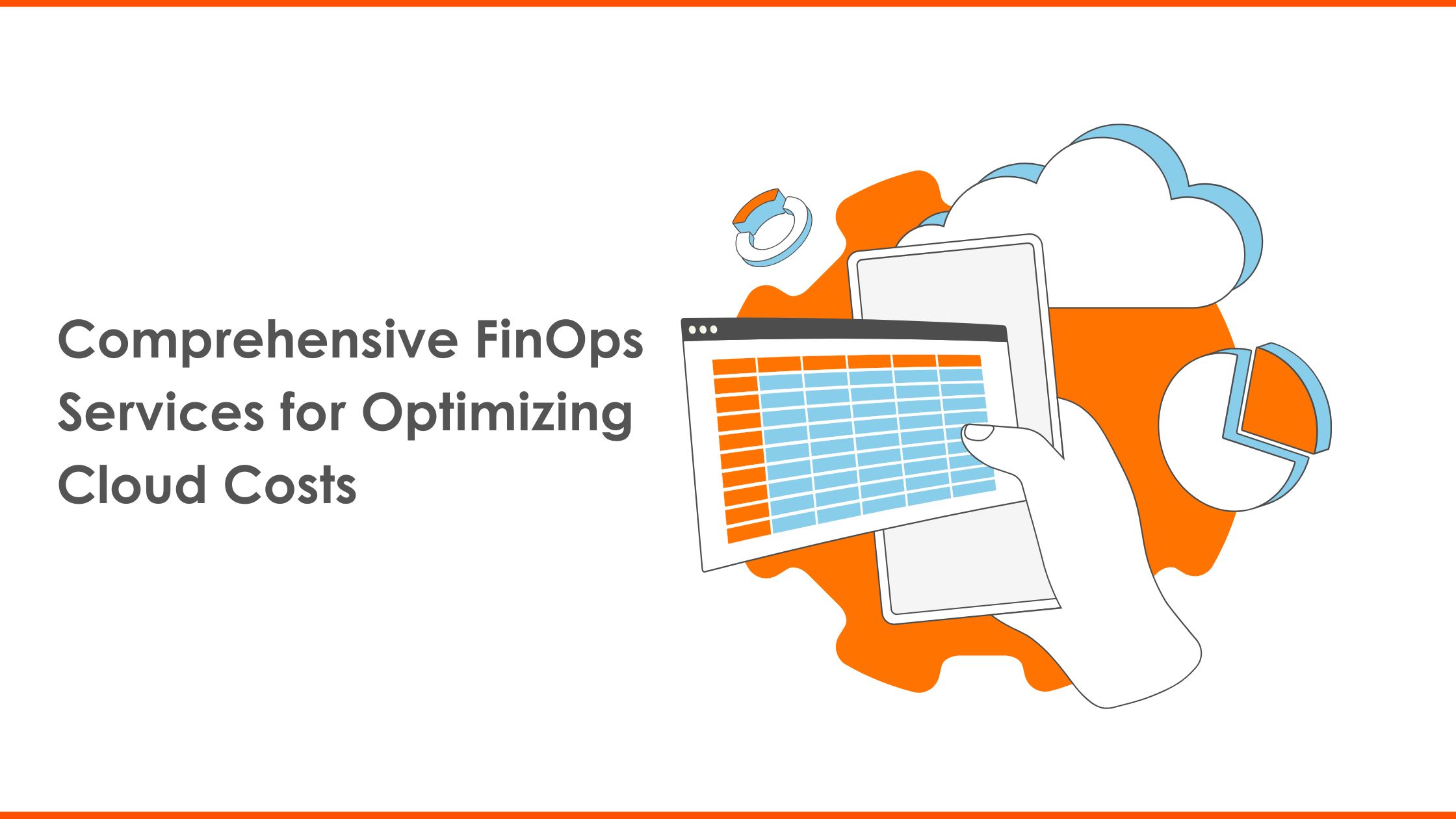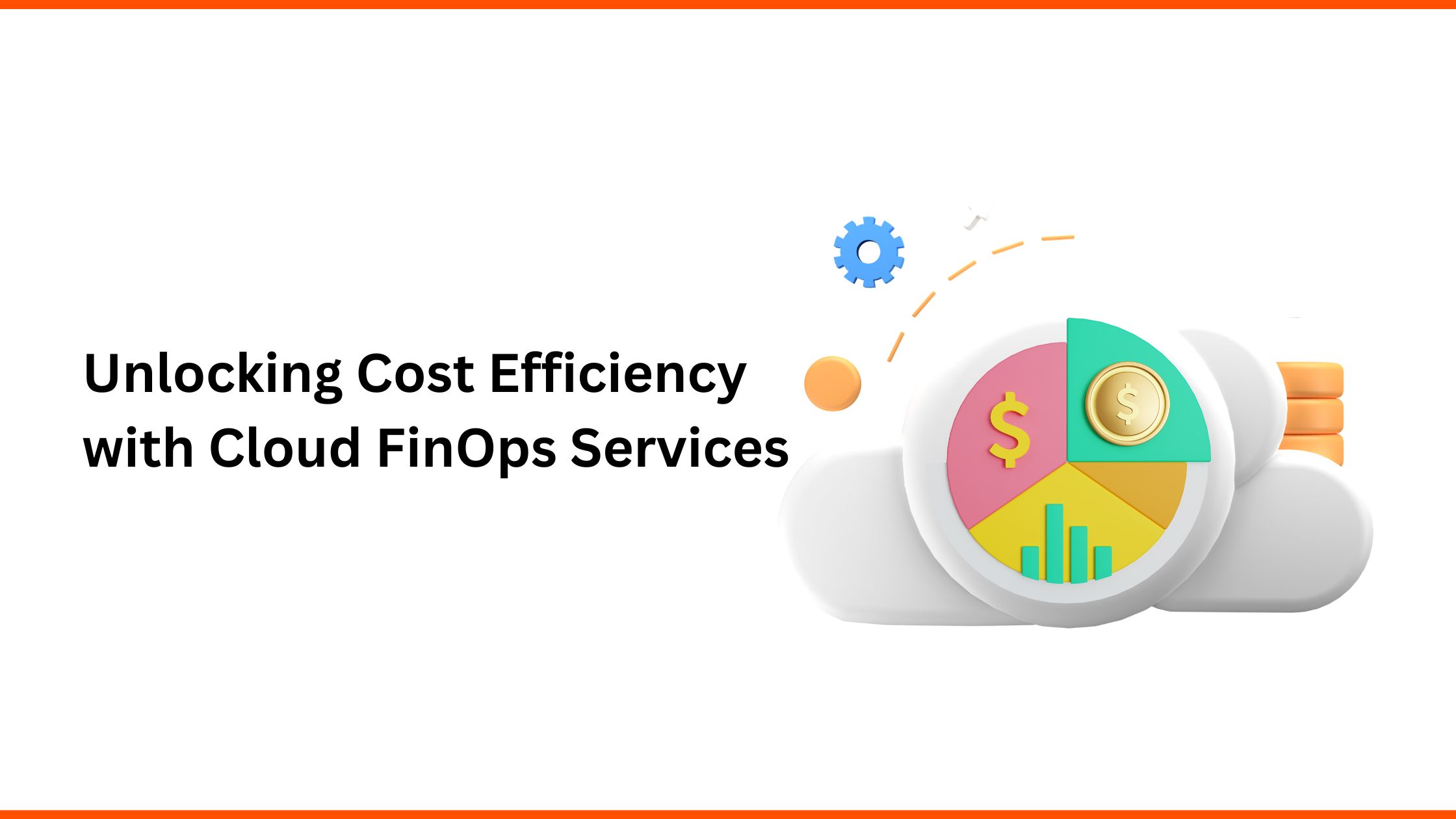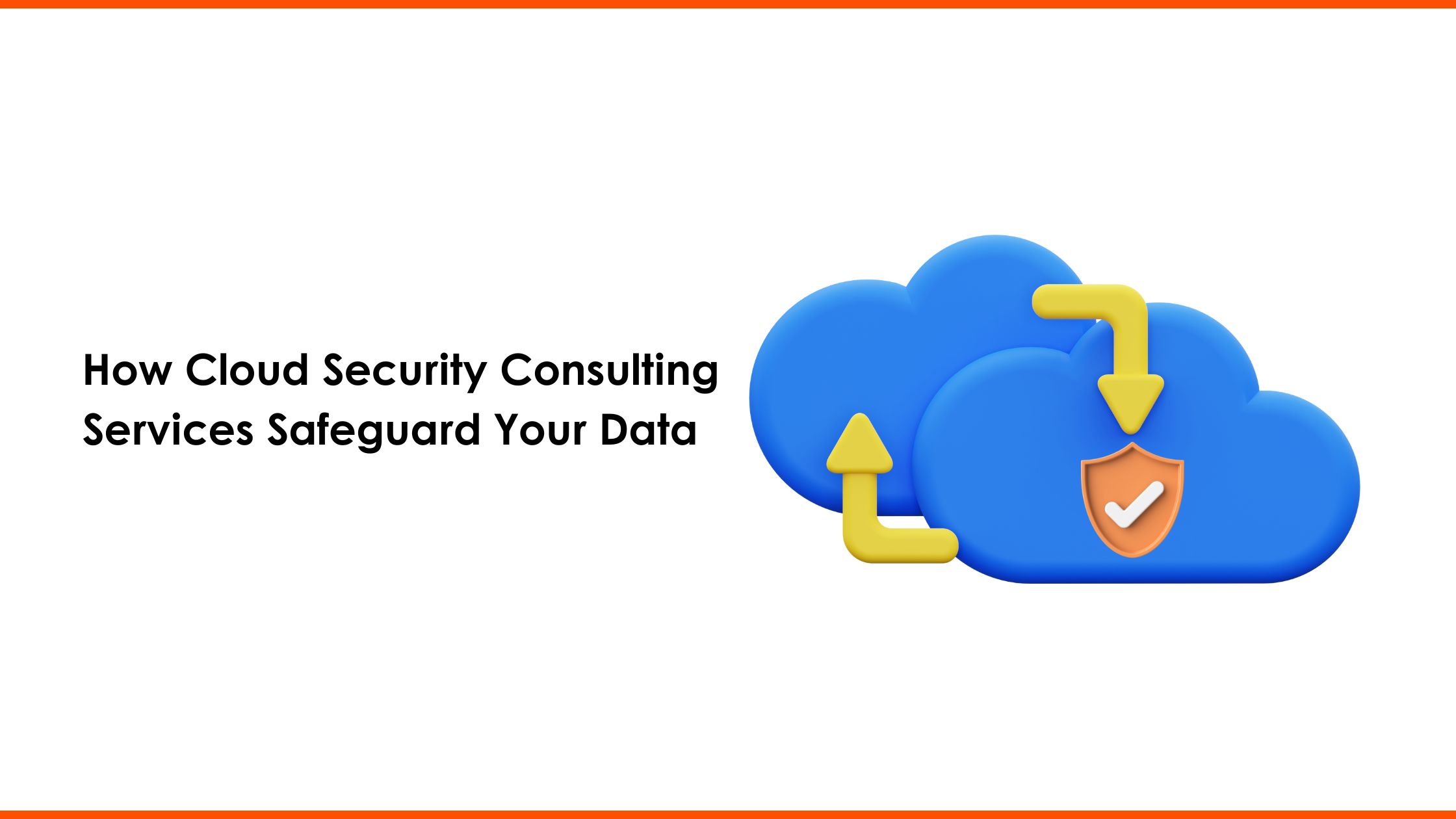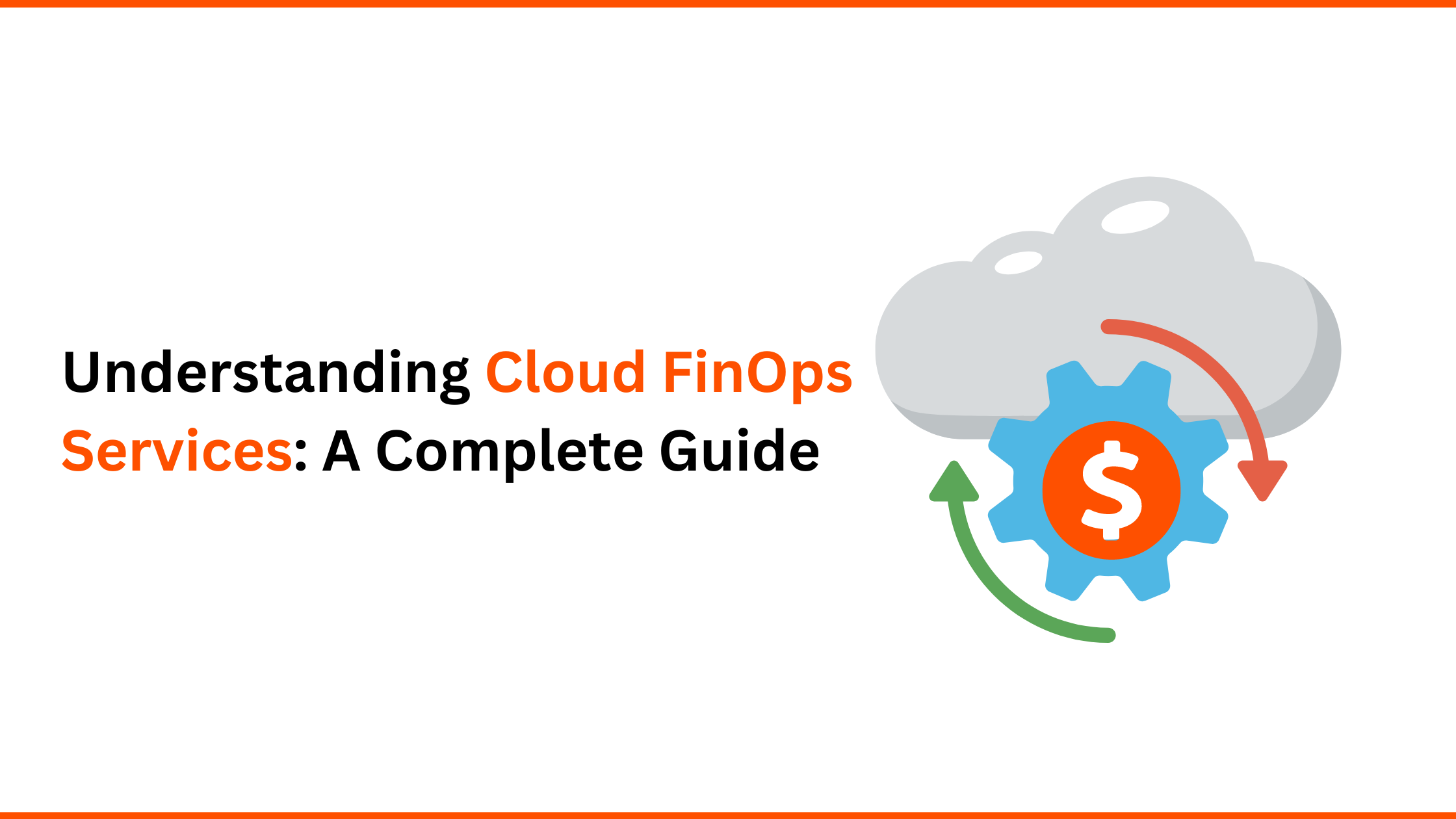Future Trends in Cloud Security Consulting: What to Expect in the Next Decade
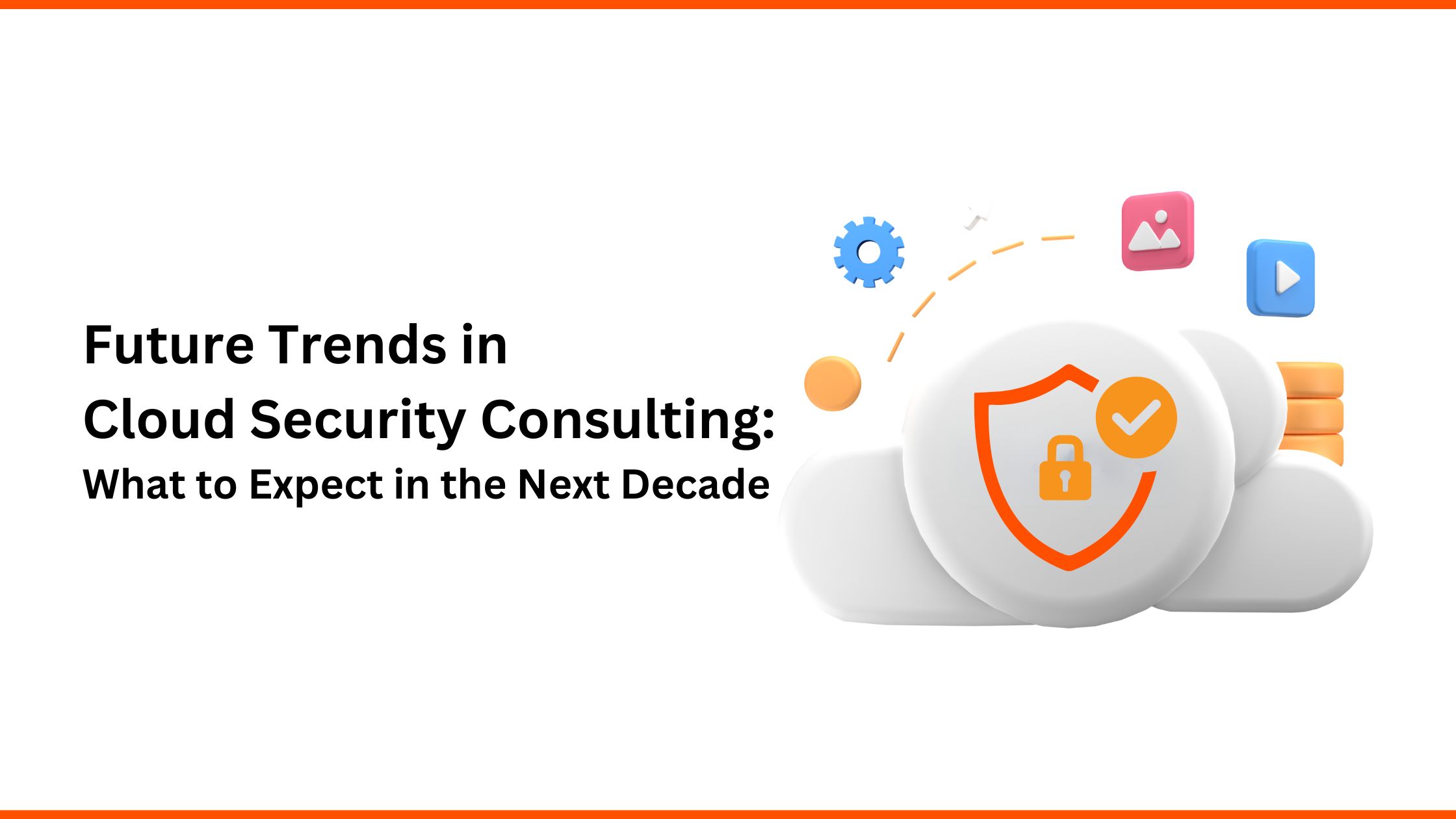
Strong 8k brings an ultra-HD IPTV experience to your living room and your pocket.
The cloud computing landscape is continuously evolving, bringing new opportunities and challenges. As businesses increasingly migrate to the cloud, the need for robust security measures becomes paramount. Cloud security consulting firms play a critical role in safeguarding cloud environments. Looking ahead, several emerging trends are set to shape the future of cloud security consulting. This blog explores these trends, providing insights into how they will impact businesses and the strategies needed to stay ahead.
1. Artificial Intelligence and Machine Learning Integration
AI and ML are revolutionizing cloud security by enabling more sophisticated threat detection and response mechanisms.
Advanced Threat Detection: AI-driven systems can analyze vast amounts of data in real-time to identify unusual patterns and potential threats that traditional methods might miss.
Automated Incident Response: Machine learning algorithms can automate the response to security incidents, reducing response times and minimizing damage.
Predictive Analytics: AI can predict future threats based on historical data, allowing organizations to proactively strengthen their security posture.
2. Zero Trust Security Models
The zero trust model is gaining traction as organizations recognize that traditional perimeter-based security is insufficient.
Identity-Centric Security: Emphasizing the verification of user identities and access rights, regardless of their location within or outside the network.
Micro-Segmentation: Dividing the network into smaller, isolated segments to limit the lateral movement of potential attackers.
Continuous Authentication: Implementing ongoing verification processes to ensure that access rights remain appropriate over time.
3. Enhanced Data Privacy Regulations
As data privacy concerns grow, cloud security consulting firms will need to help businesses navigate an increasingly complex regulatory landscape.
Global Compliance: Ensuring adherence to diverse international regulations such as GDPR, CCPA, and emerging data protection laws in various regions.
Automated Compliance Tools: Leveraging AI to automate compliance monitoring and reporting, reducing the burden on human resources.
Data Localization: Implementing strategies to store and process data within specific geographic boundaries as required by local regulations.
4. Quantum Computing Preparedness
Quantum computing poses both opportunities and threats to cloud security. Preparing for this technological shift is essential.
Quantum-Resistant Encryption: Developing and implementing encryption algorithms that can withstand the computational power of quantum computers.
Hybrid Quantum-Classical Systems: Integrating quantum computing capabilities with existing cloud infrastructures to enhance security and performance.
Research and Development: Investing in R&D to stay ahead of quantum advancements and their implications for cloud security.
5. Automated Security Operations
Automation will play a pivotal role in streamlining security operations and improving efficiency.
Security Orchestration, Automation, and Response (SOAR): Implementing SOAR platforms to automate routine security tasks and orchestrate complex workflows.
Automated Policy Enforcement: Using AI to automatically enforce security policies and configurations across cloud environments.
Real-Time Monitoring and Alerts: Enhancing real-time monitoring capabilities with automated alerting systems that notify relevant teams of potential threats instantly.
6. Cloud-Native Security Solutions
As businesses adopt cloud-native architectures, security solutions must evolve to protect these environments effectively.
Container Security: Implementing security measures tailored to containerized applications, including vulnerability scanning and runtime protection.
Serverless Security: Developing strategies to secure serverless functions and manage permissions effectively.
DevSecOps Integration: Embedding security practices into the DevOps pipeline to ensure that security is an integral part of the development lifecycle.
7. Blockchain for Enhanced Security
Blockchain technology offers unique advantages for cloud security, particularly in ensuring data integrity and transparency.
Immutable Logs: Utilizing blockchain to create tamper-proof logs of security events and transactions.
Decentralized Security Models: Implementing decentralized security frameworks to reduce single points of failure and enhance resilience.
Smart Contracts: Leveraging smart contracts to automate security policies and ensure compliance with predefined rules.
8. Augmented Reality (AR) and Virtual Reality (VR) Security
With the rise of AR and VR applications, securing these immersive technologies becomes increasingly important.
Secure AR/VR Environments: Implementing security measures to protect data and user interactions within AR and VR platforms.
Authentication and Access Control: Ensuring that only authorized users can access and interact with AR/VR applications.
Privacy Protection: Safeguarding sensitive information generated and used within AR and VR environments.
9. Enhanced User Training and Awareness
As cyber threats become more sophisticated, user training and awareness remain critical components of cloud security.
AI-Driven Training Programs: Utilizing AI to create personalized training modules that address specific security vulnerabilities and knowledge gaps.
Continuous Learning: Implementing ongoing training initiatives to keep employees updated on the latest security threats and best practices.
Gamification: Incorporating gamified elements into training programs to increase engagement and retention of security knowledge.
10. Sustainable Cloud Security Practices
Sustainability is becoming a key consideration in all aspects of business, including cloud security.
Energy-Efficient Security Solutions: Developing security technologies that minimize energy consumption and reduce the carbon footprint.
Sustainable Data Management: Implementing data management practices that promote sustainability, such as efficient data storage and processing techniques.
Green Compliance: Ensuring that cloud security practices align with environmental regulations and corporate sustainability goals.
Conclusion
The future of cloud security consulting is poised to be shaped by advanced technologies, evolving regulatory landscapes, and emerging security challenges. By staying abreast of these trends, businesses can enhance their cloud security posture, protect sensitive data, and ensure compliance with ever-changing regulations.
Embracing AI-driven solutions, adopting zero trust models, preparing for quantum computing, and integrating blockchain technologies are just a few of the strategies that will define the next decade of cloud security. Additionally, prioritizing automated security operations, cloud-native security solutions, and sustainable practices will further strengthen organizations’ defenses against cyber threats.
As the digital landscape continues to evolve, partnering with a top cloud security consulting firm will be essential for navigating these changes and maintaining robust security frameworks. Investing in comprehensive and forward-thinking cloud security strategies will not only safeguard your business but also drive innovation and growth in an increasingly interconnected world.
Note: IndiBlogHub features both user-submitted and editorial content. We do not verify third-party contributions. Read our Disclaimer and Privacy Policyfor details.



